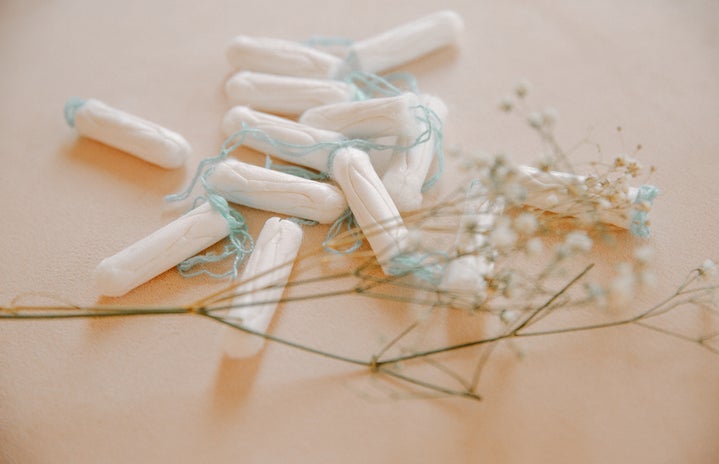Sore boobs, insatiable food cravings, fatigue, stubborn acne, bloating, nausea, violent mood swings, and inexplicable feelings of sadness. Sounds a little too familiar, doesn’t it? if you are a femme-bodied individual, and have started menstruating, chances are you’ve experienced one, if not all, of these symptoms. Premenstrual syndrome (or PMS for short) is experienced by 3 of every 4 menstruating individuals. Everyone experiences PMS differently; some don’t even experience it at all.
Growing up, I never experienced any major PMS symptoms aside from the occasional (and by occasional, I mean constant) moodiness. I would listen to the horror stories my friends told me about the nausea, the light-headedness etc. But it was hard to sympathise when I could not relate. However, as I grew older, my body changed and so did my PMS symptoms. My breasts now become extremely sensitive, I have lower back pain and I get terrible period pimples that seem to last a lifetime.
As a femme-bodied individual, PMS makes it extra difficult to achieve goals and complete tasks in an already demanding society that expects so much of us. It’s hard to be an academic weapon when all you want to be is curled up in bed like a grizzly. So here are a few tips I’ve found that help to alleviate the discomfort that comes along with that time of the month.
Home remedies can usually alleviate PMS symptoms. By changing your diet and lifestyle habits you may help your body feel better.
- Eating smaller portions of food more frequently throughout the day can help reduce bloating.
- limiting your salt intake can further reduce bloating.
- Eating foods high in fibre like fruits, vegetables, and whole grains, can also provide the body with the necessary nutrients to combat PMS.
Lifestyle changes like adopting a frequent training regimen can boost serotonin levels.
- Try aerobic exercises like walking, running, cycling, or swimming. I find that a good gym session is exactly what I need to boost my mood and leave me feeling less irritable.
- Get enough sleep. not just for PMS but also in general. How do you expect your body to recover, both mentally and physically, when you’re constantly pulling all-nighters?
Of course, everyone is different, and if these self-help tips don’t help, it’s best for you to seek help from a trusted medical professional. They are the only ones who can prescribe medication that help treat bigger PMS issues. I find that Alternative medicine like vitamin supplements also help, but speak to your doctor before taking any of this.
I hope that this article has made you feel less alone in your struggles and that these tips prove to be helpful. If they don’t, remember to seek professional help, as personal health is important and these symptoms are nothing to be ashamed of. It’s imperative that we listen to and take care of our bodies. After all, we only have one.


